In 2013, Mika Ganobal was appointed by his friends to represent them as the coordinator of “SaveAru”, a movement to save Aru Islands from a corporation planning to clear up the forests on the island to make way for a sugarcane plantation.
His status as a state apparatus made him prone to threats and pressure. He was often being intimidated, terrorized and threatened to get fired as a civil servant, because he was considered to be contrary to most of his collegues. Moreover, the incumbent regent at that time was the main supporter of the sugarcane plantation project.
However, Mika was not discouraged nor backing down because he was sure that he was not against the government.
“The government thought that we were against the state. But actually, for me, it was a struggle against an inappropriate state policy,” said the young man who graduated from the Faculty of Social and Political Science of the Pattimura University in Ambon.
Local people uncovered that the investment project of the sugarcane plantation was merely a trick of the corporation to have control over the woods of Aru forest. Besides, based on the prevailing regulation, the forest permit that was granted accounted for three times of the total area that a company was allowed to manage.
The corporation claimed to have secured the forest area release permit of 500,000 hectares. In fact, the total area of Aru was only 629 hectares. This meant that all of the Aru forest area would dissapear, leaving only the villages and the downtown.
The Aru forest is a place of livelihood for local people. The forest is also home to hundreds of endemic flora and animals, such as kangaroos, birds of paradise, green, red and black cockatoos and cassowaries.
Without any financial support, Mika and his friends have to travel to 117 villages, which are located scatteredly on islands. Only two villages can be reached by land transportation, others have to use boats. “If you have been given responsibility and trust, you have to accomplish it. The important thing is consolidation,” said Mika.
His hard work resulted in a lot of support that kept pouring in. For Mika, this escalating support is a good sign because the Aru people, especially those living in the remote area, still do not know anything about the giant plantation project. Moreover, the company, represented by the field survey team, has promoted to the local people that the project will change their lives for the better by luring them about infrastructure development and scholarships to foreign countries.
The Aru regency administration also perceived that the presence of plantation investment will change the situation in Aru, which has been known as an underdeveloped and poor area. “Their promises are too grandiose,” said Mika. Being fulfilled or not, the promise will bring suffering in the future. “…because our forest will not come back when it has been cleared,” he said.
Mika was ready with all the risks, including if he had to be fired from his job as a civil servant. Mika had even bought a boat, just in case he really got fired. Later, the boat was actually used for consolidation with the community.
Mika and his wife, who is a teacher, have a way educate their children to love the environment. Being so focused on his struggle in Save Aru, Mika even named his fourth child Leisava. Lei means boy, while Sava is an acronym of ‘Save Aru’. His son was born when he was incessantly leading the fight.
Four years ago, his efforts paid off. The plans to clear up the forests to make way for plantations were thwarted. Currently, Mika returns to his activities as a civil servant. In early November 2019, Mika was appointed a village head in Siwa Lima Island District.
Even though he has served as a village head, he still stands as an environmental fighter. The biggest threat at this time, according to him, is the issue of illegal logging. He also remain active to get involved in education and tasks related to the environment. He is still at the forefront of stopping illegal logging.
“Until now, he is still active,” said Alo Tablea, Head of Trade and Industry of the Aru Islands Regency.
According to Rudy, Mika is an inspiration for many others to struggle in similar issues. Mika is an example of a young man who does not care about his personal interests. Mika fight back non-violently, so that no citizen is arrested or sued. He also has a smooth communication style. He always avoids harsh words. He is also able to speak well in front of the government and companies. He also uses social media in good language. He never uses swear words while continuing to call for the defense of Aru and the rights of indigenous peoples. “That’s what makes Save Aru movement more interesting, because it’s always on the track,” said Rudy.

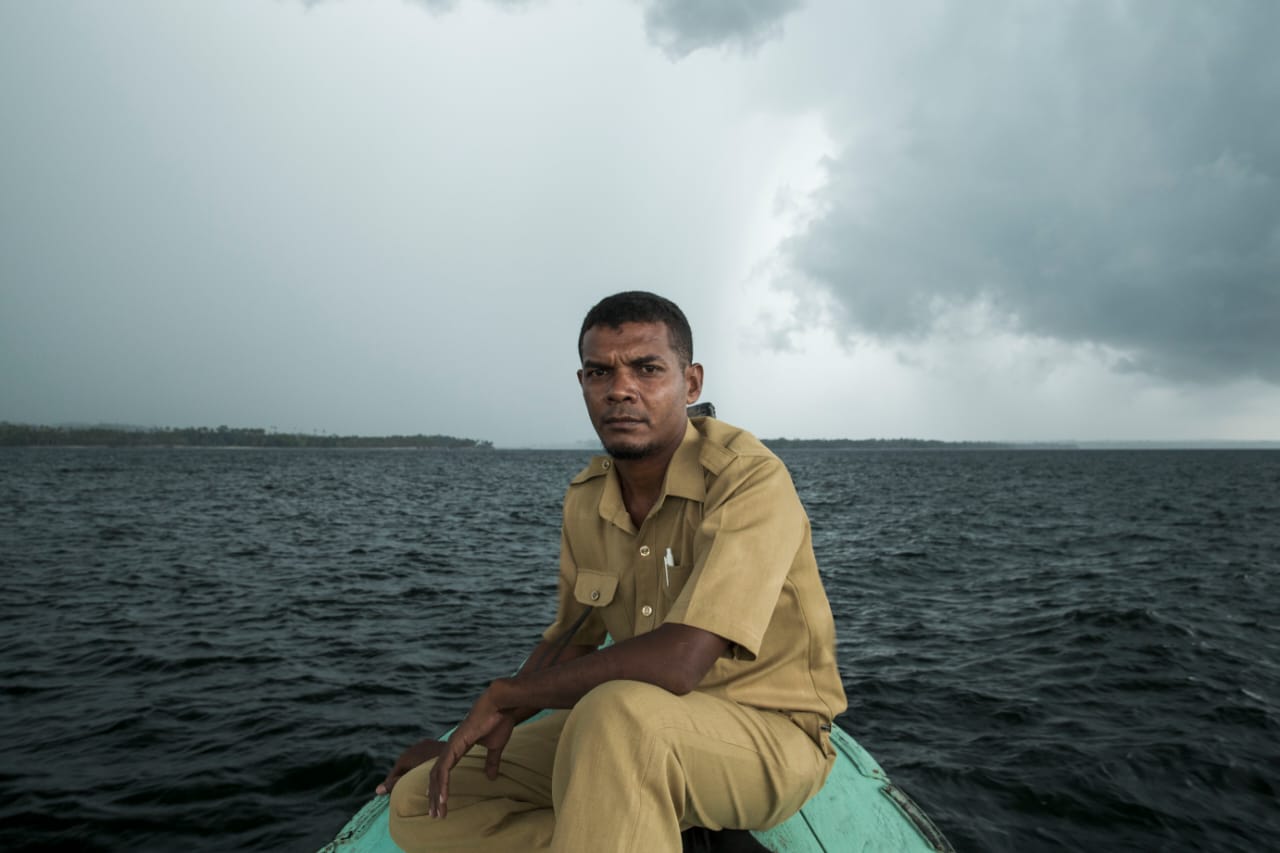
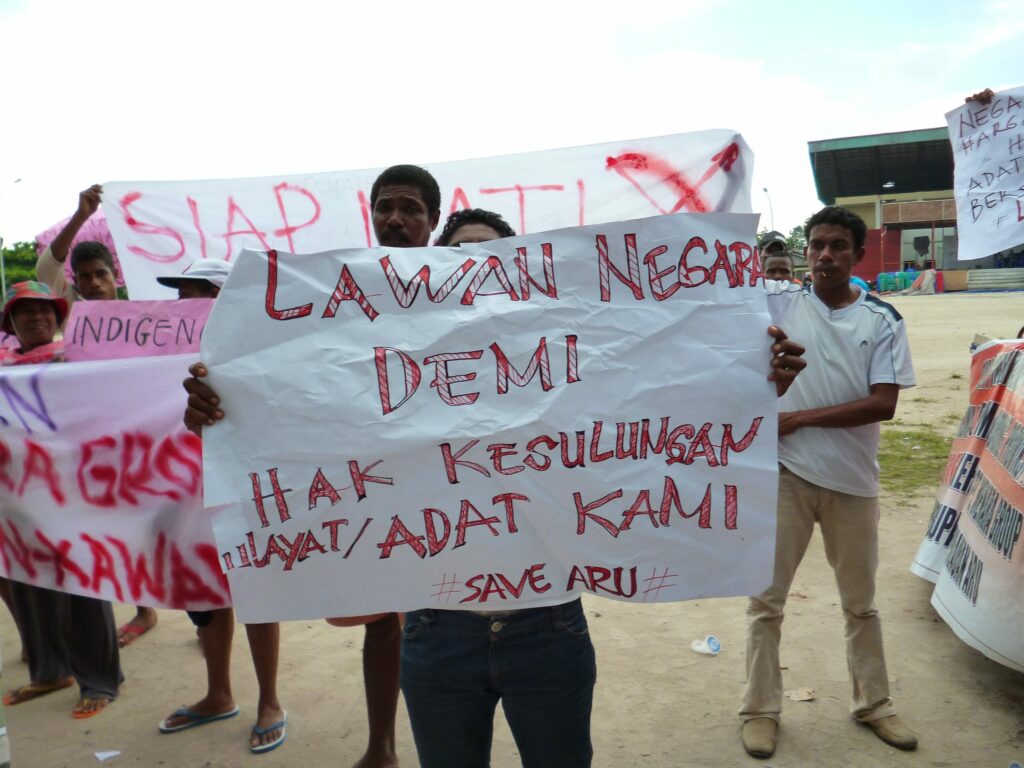
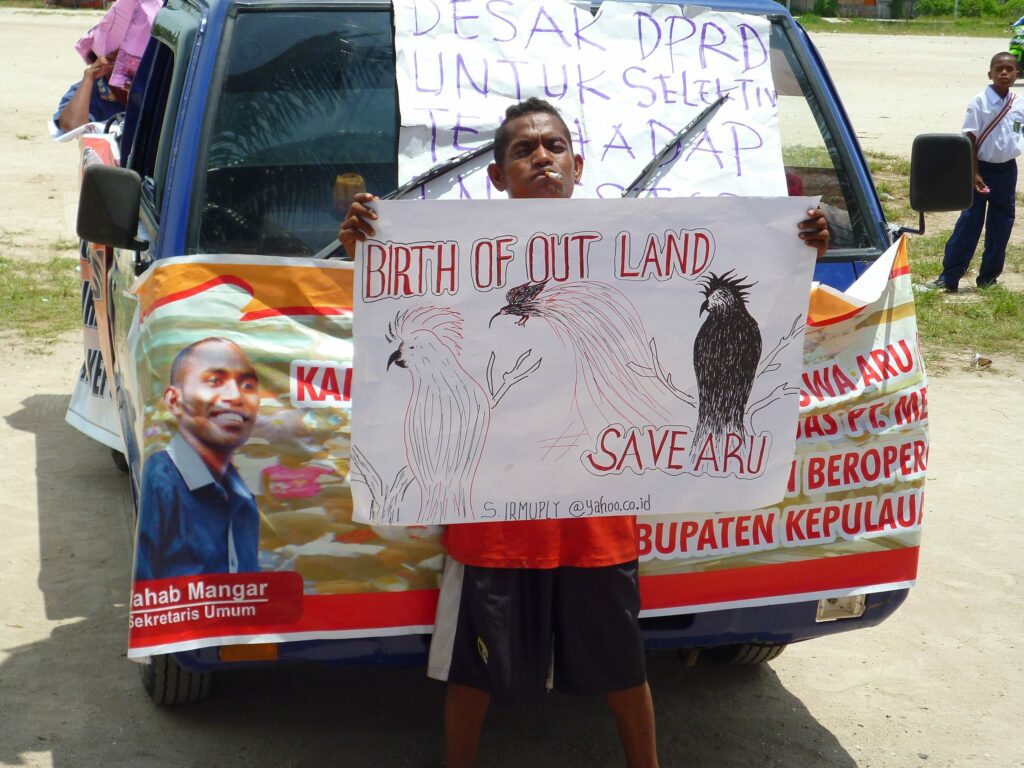
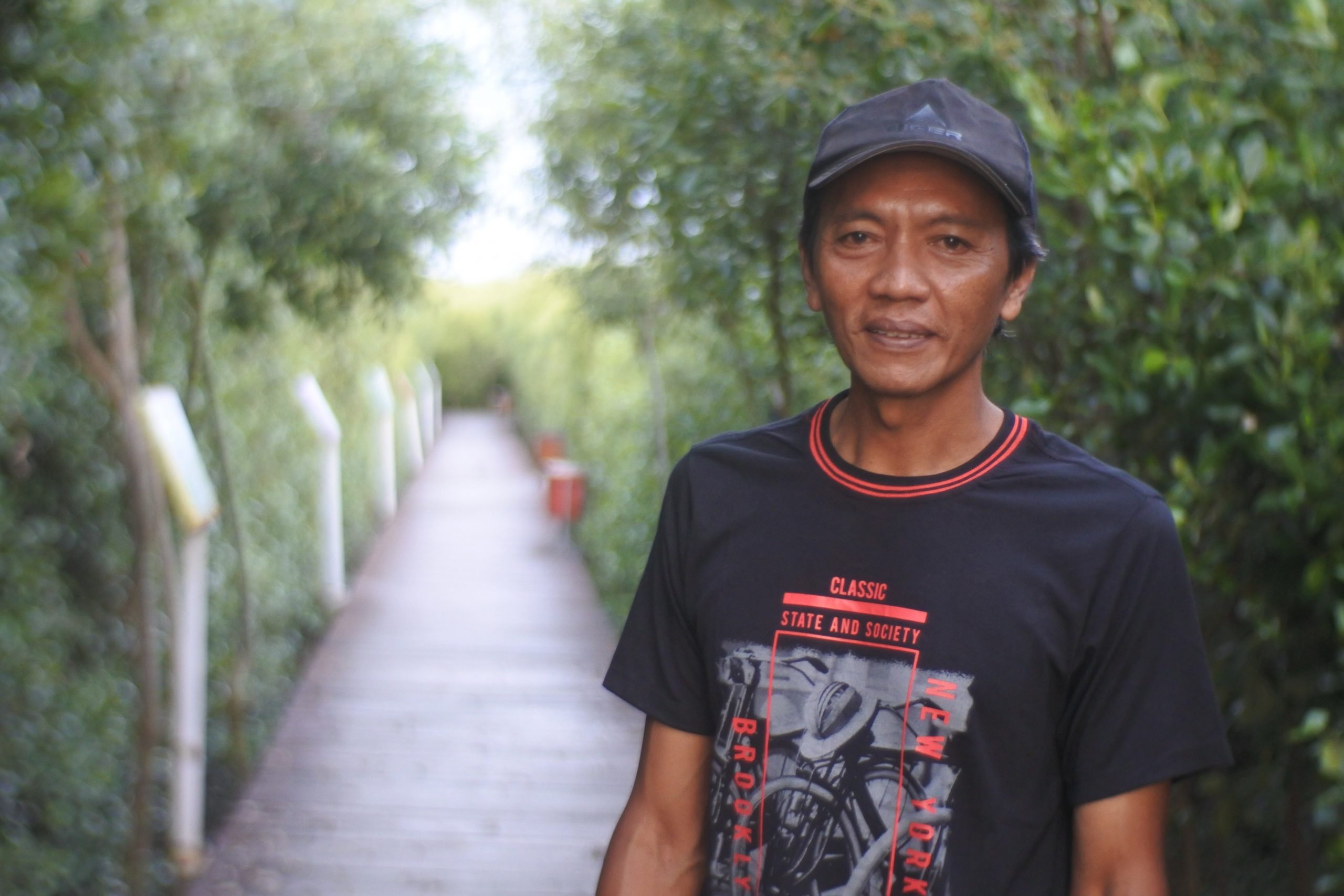
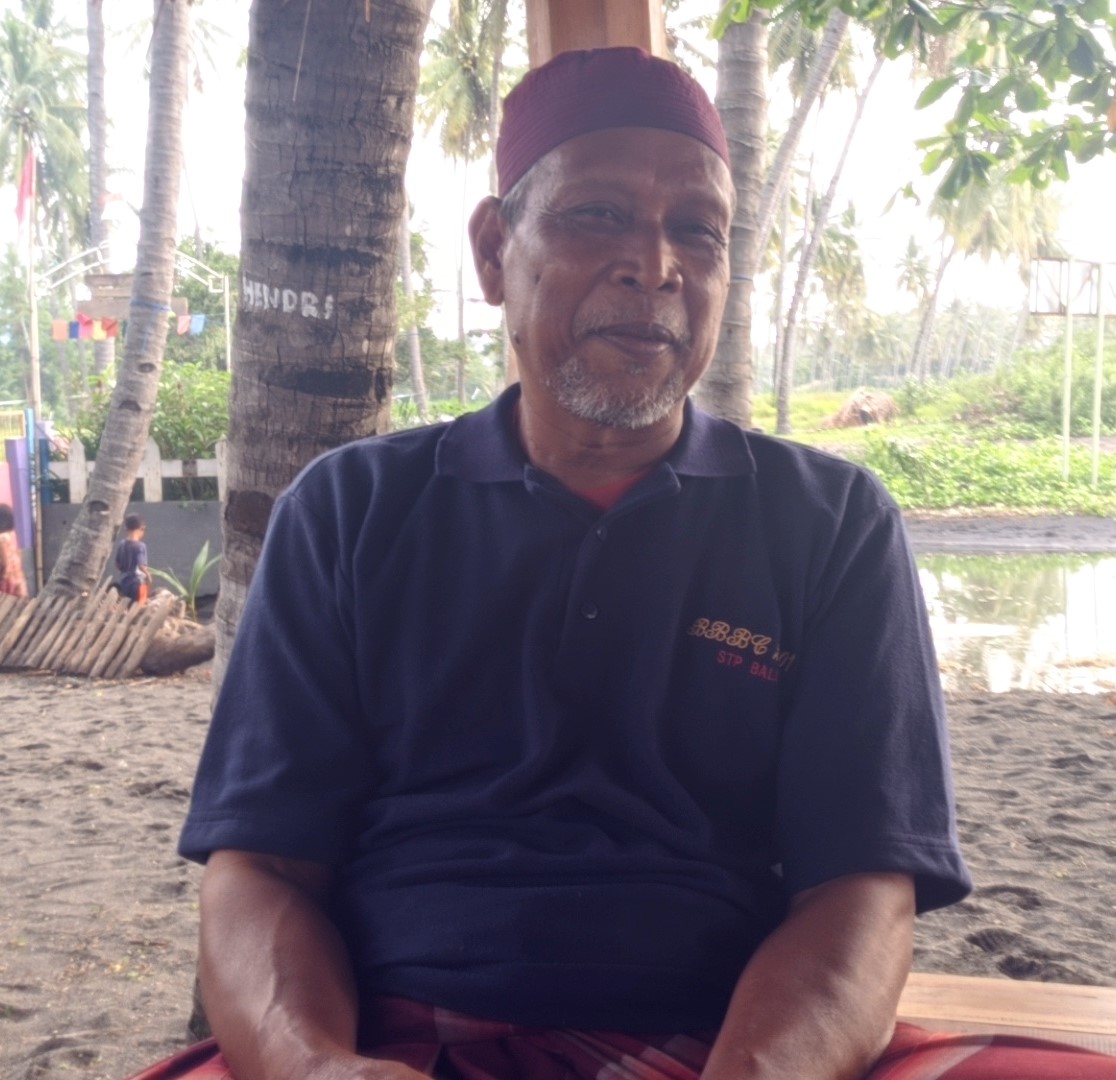
PUBLISHED BY CLIMATE HEROES